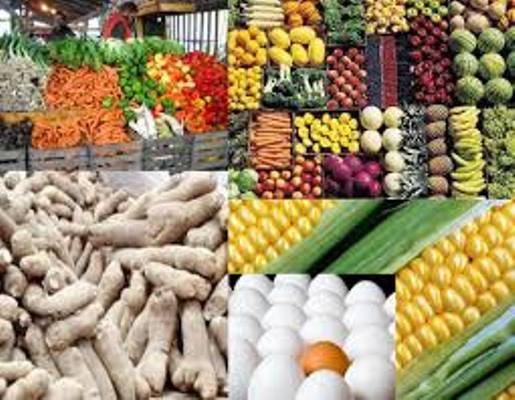
By Tanko Mohammed
Performing its advisory role on petrol pump price, the Petroleum Products Pricing Regulatory Agency (PPPRA), has fixed the pump price at between N140.80 and N143.80 per litre for the month of July.
Executive Secretary of the Agency Abdulkadir Saidu disclosed this in a memo to all Petroleum Products marketers released in Abuja on Wednesday.
The memo was titled `Advised price for Premium Motor Spirit (PMS) in the month of July 2020.’
“After a review of the prevailing market fundamentals in the month of June and considering marketers realistic operating cost, as much as practicable, we wish to advise that a new PMS pump price band of N140.80 toN143.80 per litre be for the month of July.
“All marketers are advised to operate within the indicative prices as advised by the PPPRA,’’ he said.
He added that the ex-depot for collection include the statutory charges of bridging fund, maritime transport average, National Transport Allowance and administrative charges.
Since April, PPPRA had continue to issue a monthly price band of PMS for marketers.
In June, there was a slight reduction as the price was fixed at N121.50 per litre from N123.50 in May.
The July new price is N20.30 higher than the June price of N121.50 per litre.
Abdulkadir, stated this in a statement in Abuja, on June 28, 2020 stated that the agency would constantly, on a monthly basis, develop a guiding price for the commodity, with which it would advise marketers.
He noted that the deregulation of the downstream sector was dependent on the enforcement of appropriate laws by strong regulatory agencies, hence its continued intervention.
“For the purpose of emphasis, let me reiterate that different sectors of the polity operate under the guidance of national regulators.
“The Central Bank of Nigeria (CBN) regulates the banks and the financial sector; Nigerian Communication Commission (NCC) regulates telecommunications; National Insurance Commission (NAICOM) regulates the insurance sector and the same exists for operators in Nigeria’s downstream petroleum sector.
“To this end, it is not out of place for the Agency to provide a guiding price band with the aim to protect consumers against price gouging.
“It is important to also state that there is nowhere in the world that deregulation means total lack of control, supervision or oversight.
“While the Market-Based Pricing Regime is a policy introduced to free the market of all encumbrances to investment and growth, it should not be misconstrued to mean a total abdication of government’s responsibility to the sector and citizenry,” he said.
Abdulkadir said that the PPPRA no longer fix prices, but rather provide a guiding price band by monitoring petroleum products prices daily.
This, he said was being done using the average price of the previous month to determine prices for the following month, for appropriate cost-reflective pricing that ensures reasonable returns to Oil Marketing Companies (OMCs).
“This methodology is in line with international best practices which range from bi-monthly to monthly price reviews.
“Nigeria adopted the monthly review model considering the average duration for the importation of petroleum products into Nigeria from the closest spot market; North West Europe (NWE) to West Africa (WAF) is about 30 days.
“This period encompasses the Import Financing Process to delivery at retail outlets,” he added














